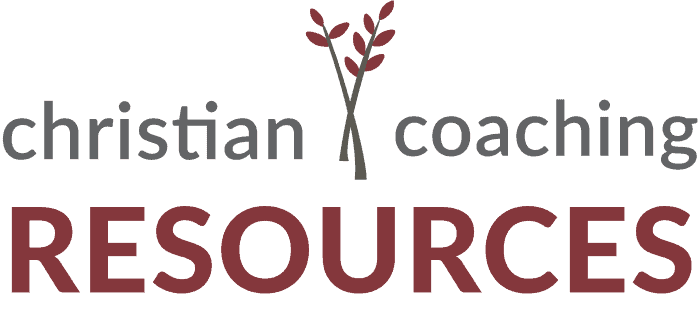 Professionally trained coaches know there are three phases to a coaching conversation.
Professionally trained coaches know there are three phases to a coaching conversation.
Each coach training program has their own chosen labels for these phases. Although the phases are not meant to be a strictly liner process, they do define a coaching conversation that follows what is within the industry commonly referred to as the coaching process. This conversation structure is included in the common industry phrase “trust the process.”
The first phase involves working with the client to set an agreement or agenda for the conversation. From there the conversation moves to exploring and evoking new awareness with the client. Finally, the coach supports the client to design meaningful action for themselves.
Establishing a clear agreement is essential. The second and third phase depend on the first. A clear agreement sets the foundation for a conversation that will reveal new awareness and determine meaningful action. Facilitating a clear agenda for the conversation is a professional skill to be learned and honed.
Here are some tips.
-
-
- Agreement starts at the beginning of the relationship. From the beginning as you initially meet with a potential client for an inquiry conversation make sure they know you will be looking to them to set the agenda for the coaching relationship and conversations. You will not be telling them what to work on. Rather, you will be asking them what they want to focus on or what they need to address.
- Using session prep forms with your clients can help them think through in advance what they want to work on in the session. This is the purpose of prep forms, as they are not meant for you to use as a guide for coaching the session. Let the client use the prep form to formulate their agenda for the session and then be in the moment with the client as you coach in the session.
- Of course, sometimes clients come to a conversation with a swirl of ideas and no focus. First, honor them by being present in the moment with them. Listen. Acknowledge (“you’ve got a lot on your mind”). Then ask something like “Of all that’s on your mind today, what will make the biggest difference for you to address in this conversation?”
- Sometimes at the beginning of a coaching conversation when we ask our clients what they would like coaching on they say, “I don’t know.” Typically they expand and say more than “I don’t know,” so again begin by being present with and listening to and acknowledging where the client is in the moment. Then ask your version of “What is your biggest challenge right now?”
-
ICF Core Competencies most specifically addressed in this post include:
- CC 3 Establishing and Maintaining Agreements
- CC 5 Maintaining Presence
- CC 6 Listening Actively
- CC 7 Evoking Awareness
- CC 8 Facilitating Action
